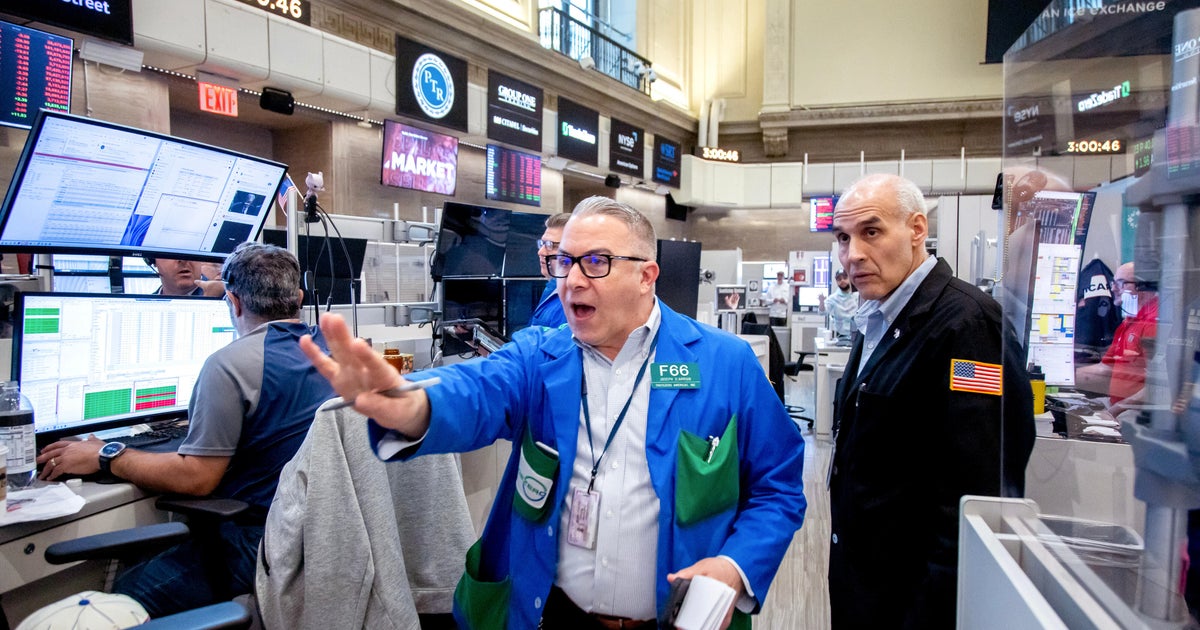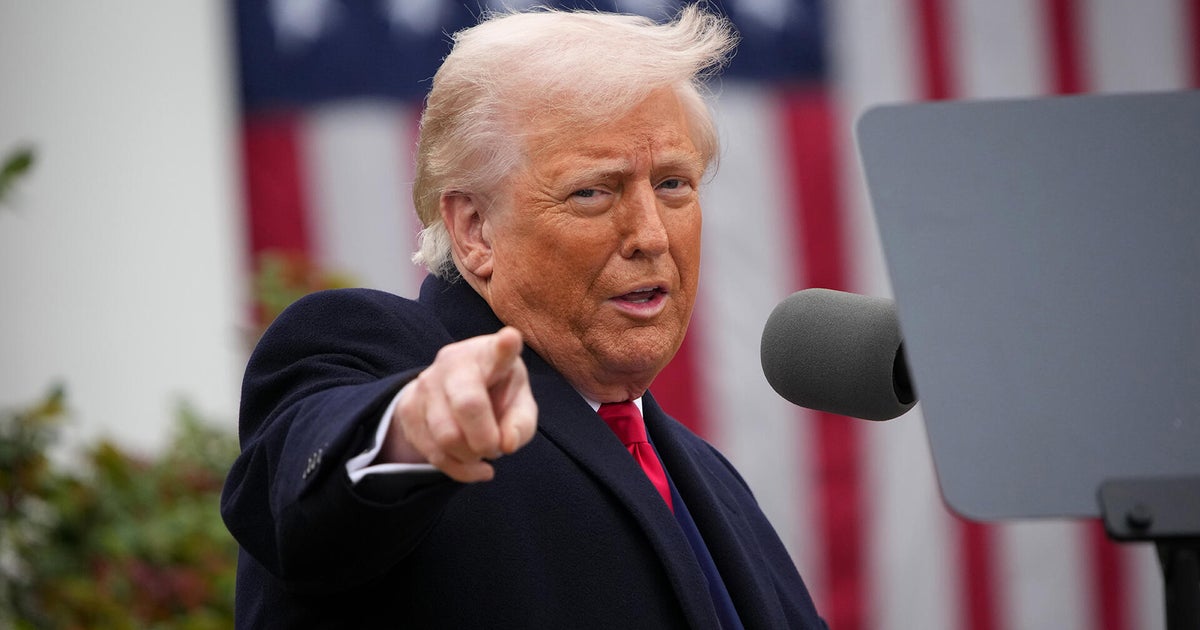Where markets stand days after tariff news
It was another wild ride on Wall Street, with stocks swinging sharply Monday as economists raised the specter of a U.S. recession and President Trump threatened to escalate U.S. tariffs against China.
Leading indexes fell sharply in the morning, briefly rebounded on reports that President Trump was considering a 90-day tariff freeze for all countries except China, then rode the roller-coaster back down in the afternoon.
The S&P 500 ended the day down a modest 12 points, or 0.2%, at 5,062. The Dow Jones Industrial Average fell 349 points, or 0.9% while the Nasdaq Composite eked out a small gain, rising 15 points to close up 0.1%.
“There is more noise than news today, and investors should avoid trying to tie every tick in the [S&P 500] to a headline,” equity analyst Adam Crisafulli, head of Vital Knowledge, said in a report. “In the immediate term, the velocity of the recent slump is unsustainable, which will leave equities vulnerable to sharp rebounds.”
Stocks wavered in afternoon trading as Mr. Trump escalated his threats against China, saying on social media that the U.S. will apply an additional 50% tariff on imports from China if the Asian nation doesn’t withdraw its plan to impose a retaliatory 34% import fee on American products.
Mr. Trump said in the post that “any country that Retaliates against the U.S. by issuing additional Tariffs, above and beyond their already existing long term Tariff abuse of our Nation, will be immediately met with new and substantially higher Tariffs, over and above those initially set.”
Investors have panned President Trump’s tariffs, saying they are likely to hit U.S. economic growth and drive up inflation. Goldman Sachs economists cited the barrage of levies on Monday in raising the odds of a recession to 45%.
“The combination of larger tariffs, greater policy uncertainty, declining business and consumer confidence, and messaging from the administration indicating greater willingness to tolerate near-term economic weakness in pursuit of its policies increase downside risk,” Goldman analysts said in a report.
Stocks plummeted last week after Mr. Trump on April 2 announced a 10% global duty on all U.S. imports and “reciprocal” tariffs on nearly 90 countries. The new trade measures sent markets into a tailspin, with the S&P 500 and Nasdaq recording their biggest two-day drop since March 2020.
Overseas stock markets also suffered steep losses Monday, continuing their skid from last week. Hong Kong’s Hang Seng plunged 13.2% — its steepest drop since the 1997 Asian financial crisis, while Taiwan’s Taiex fell 9.7%, its heaviest loss on record. Tokyo’s Nikkei 225 index tumbled 7.8%, the Shanghai Composite index sank 7.3%, South Korea’s Kospi dropped 5.6% and Australia’s S&P/ASX 200 declined 4.2%.
In Europe, Germany’s DAX index was down 4.8% in midday trade. Paris’ CAC 40 also shed 5.1%, and Britain’s FTSE 100 lost 4.9%.
“The near-term future of equity prices depends heavily on Donald Trump’s whims,” Thomas Mathews, head of Asia Pacific markets at Capital Economics, said in a note to investors. “If he blinks in the face of market moves and/or decides he’s received enough concessions, he could lift some tariffs and sentiment might turn very quickly.”
Alain Sherter is a senior managing editor with CBS News. He covers business, economics, money and workplace issues for CBS MoneyWatch.








